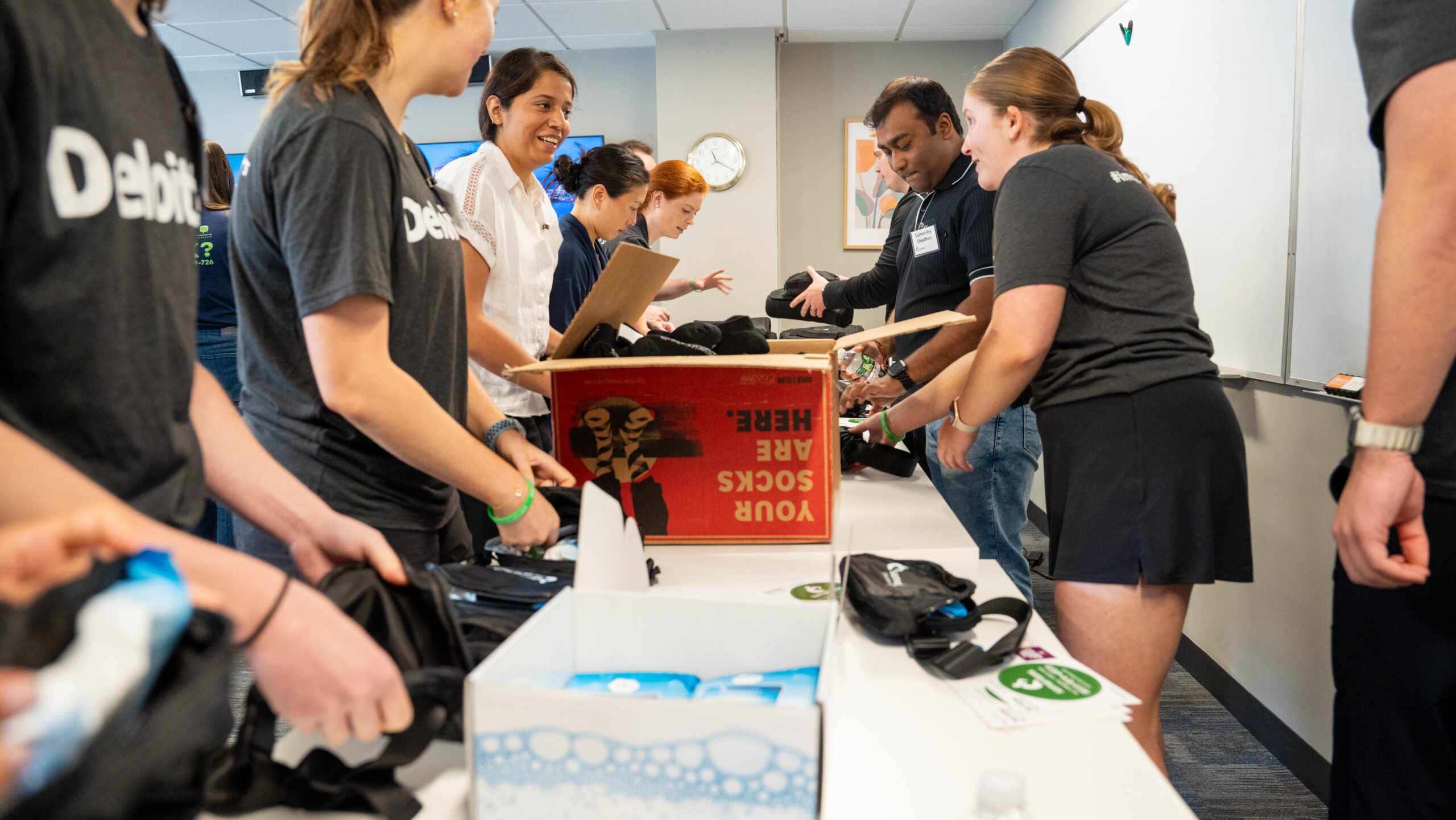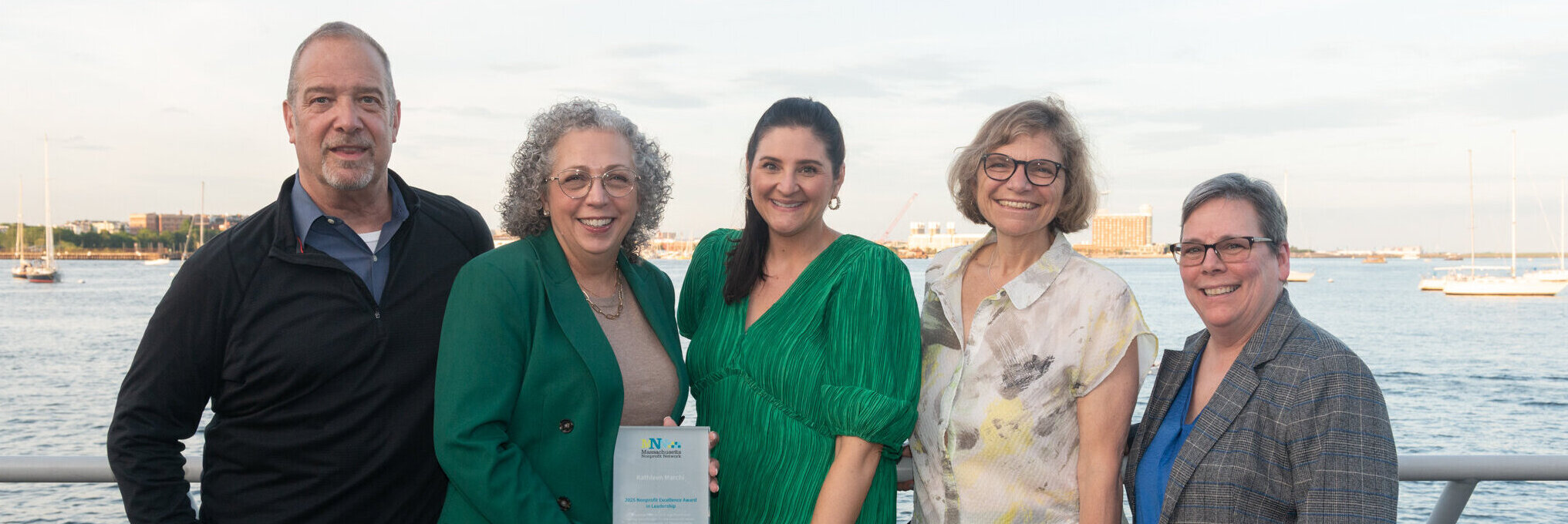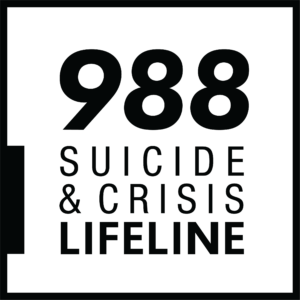Valentine’s Day can be overwhelming. Whether you are celebrating with loved ones or facing this day alone, you may be feeling external pressure from media, brands, and society about how you should celebrate. This messaging can bring up feelings of loneliness, grief, or frustration.

If you have experienced loss, particularly if you have lost a loved one to suicide, this holiday may remind you of the person or people you miss. Whether you are a recent or long-term suicide loss survivor, are struggling with your own mental health, or are supporting someone else who is struggling, today, prioritize your own mental health as best you can. Use this day as an opportunity to practice self-care and self-love—a powerful component of grief and healing.
Sissi O’Shaughnessy, Senior Director of Suicide Grief Support Services, shared tips that may help you navigate Valentine’s Day this year.
Holding Space for all the Emotions
People often focus Valentine’s Day on romantic love, but it’s okay to embrace the full range of emotions you may feel—from feelings of loneliness or grief for those who you wish were there, to moments of gratitude for your connections, romantic or otherwise. It’s okay to want it to have been different. It’s okay to grieve not only the person you lost, but the life you thought you were going to have. Honoring all emotions is important during these times.
Find ways to express yourself, such as journaling, or talking to someone in your support system. These kinds of activities can help you give yourself the space and time to express any emotion you are feeling. This is how you validate your own feelings and acknowledge that they matter.
Talk About Your Feelings
Keep your loved one’s spirit alive by sharing stories about them. Speak their name and remember the love they brought into your life. Reflect on how they lived and the love they gave (over how they died) can help keep their memory vibrant and connected to your heart.
Sissi lost her husband Mark to suicide in 2020. She acknowledges that significant days like Valentine’s Day can feel very difficult.
“It brings up a lot of emotions that I realize now have always been there. It’s just an excuse to feel them a little bit more, but it’s not a new emotion.”
“If you’re not ready to celebrate, that’s okay,” Sissi said. “You can tell people, ‘I’d rather be by myself today’. Or you can reach out and say, ‘I need some extra support.’”
Give Yourself Grace
Self-care is essential, especially during emotional days like Valentine’s Day. Be gentle with yourself and understand your limits. If certain celebrations or activities overwhelm you it’s okay to opt out. Allow yourself to rest, grieve, or find peace in solitude. Prioritize your emotional well-being in whatever way feels most supportive to you.
Self-care isn’t just about face masks or bubble baths. It is doing what you need to get through the day. Make sure you eat three meals a day and drink enough water. It might mean moving your body by exercising or going on a mindful walk. Sissi finds dance classes therapeutic.
Self-care is not categorized as one thing, and it can be whatever you need it to be at each moment. Show yourself the same understanding you give others. Honor your feelings of love and gratitude while also holding space for your pain or grief.
“My boundaries are a big part of my self-care,” Sissi said. “I am aware of my limitations. Connecting with friends and family is also very important to me. I get re-energized.”
Anniversaries and holidays can amplify complex emotions. Show yourself compassion, especially on holidays like Valentine’s Day.
Create New Traditions
Celebrating Valentine’s Day doesn’t have to look any one type of way. Create your own traditions and celebrations that are meaningful to you.
Celebrate with your friends, your family, your pets. Give yourself a valentine. Get creative about how you express love to yourself and those around you.
“We have certain traditions that Mark enjoyed doing,” Sissi shared.
Mark loved taking his daughters out for pancakes in the morning, so on anniversaries, Sissi’s family goes to IHOP and enjoys breakfast for dinner. Other times, she goes through photo albums of her wedding day and remembers the fun and joyful memories she had with Mark. She acknowledges that even doing this can be very difficult.
“In the beginning, I wasn’t able to sit in the memory, and I honored that. One of the most important things about your grief journey is that you have to honor wherever it is that you are.”
Connect with Others who Understand
If you are struggling with your mental health, or grieving a loss to suicide, you may feel isolated. At Samaritans, there is a community of people who understand.
If you have lost someone to suicide, our suicide grief support community is here to offer nonjudgmental listening and peer support. Join us at a SafePlace meeting or schedule a Survivor to Survivor visit with a trained volunteer. You don’t have to carry this weight by yourself.
If you have survived a suicide attempt, you may be carrying a great deal of pain and feel like others can’t possibly understand what you’ve been through. Our Survivors of Suicide Attempts (SOSA) support group can be a helpful resource.
If you are feeling suicidal, lonely, or depressed this Valentine’s Day, we are here for you. Whatever reason, call or text 988 24/7 to receive free, nonjudgmental support.
As Valentine’s Day approaches, our hearts are with all of you navigating the complex emotions of love and loss. Be kind to yourself, and remember, it’s okay to feel however you’re feeling—you are not alone. Samaritans is here to support you through every step
Get Support
Losing a loved one to suicide is a painful and difficult experience. Samaritans is here to offer suicide loss survivors nonjudgmental listening and peer support. We provide many programs to support survivors in their grieving.









